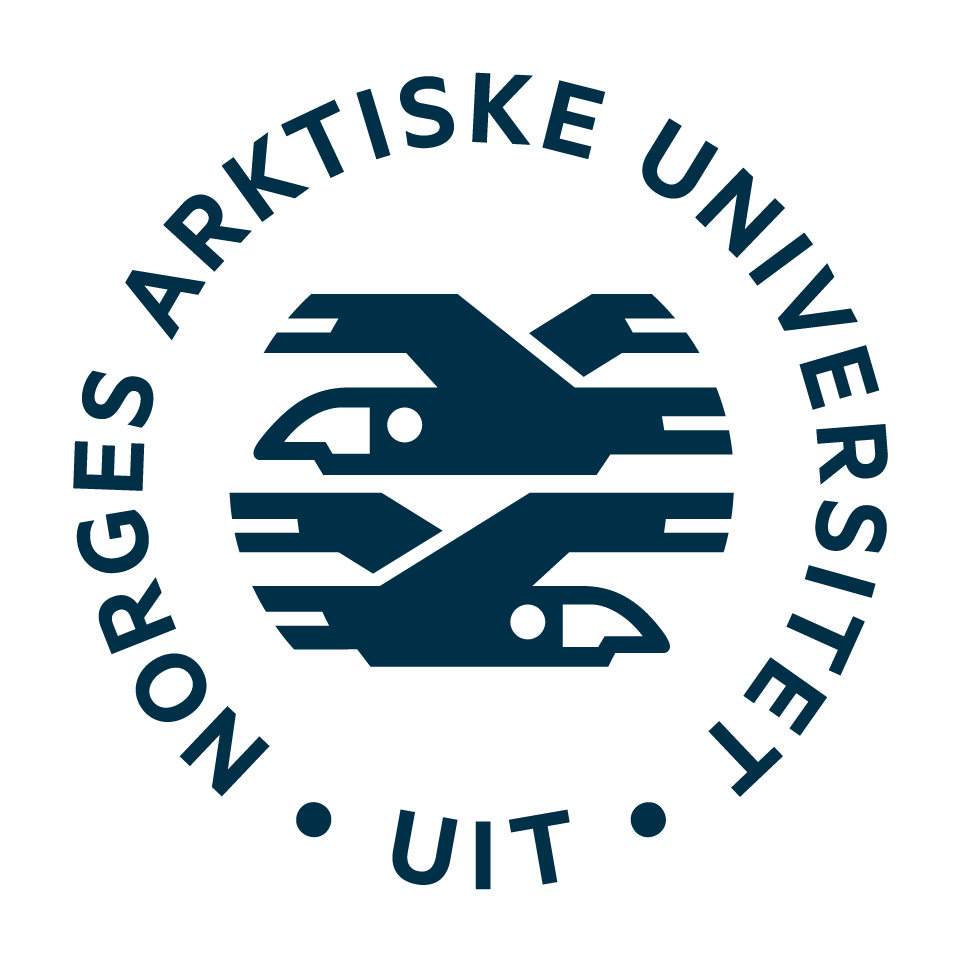Main Rule on Compensation
The employer may acquire rights to work results in accordance with the IPR regulations, without compensation to the employee.
The employee's entitlement to special compensation beyond the agreed salary.
The employee is entitled to reasonable remuneration when the employer exploits work results commercially. The remuneration is calculated as a share of the net income when the idea is utilized for commercial purposes. Net income is defined as income received after all the expenses, including costs associated with rights protection and commercialization, have been deducted from the income received.
Net income up to NOK 100,000 shall be paid to the employee / employees. Net income over 100,000 shall be normally distributed as follows:
- 1/3 to the employee (s)
- 1/3 to the department / research group (decided in consultation with the employee / employees)
- 1/3 to the university / technology transfer unit (agreed in the individual project)
This also applies to non-patentable work results. The employee has right to access to the basis for calculating of the remuneration.
In some cases, one may enter into an agreement about a different distribution of income, for example in cases where UiT's technology transfer unit is a co-owner of a company established on the basis of the work result or in cases where a right is transferred to another legal entity and the employee receives an agreed remuneration in a different ways. Unless otherwise specifically agreed, the income is distributed according to the 1/3 model as mentioned above.
Work results produced by several employees
If the result has been obtained in collaboration between several employers / partners, the guidelines apply to UiT's share of this result.
If a work result has been produced by several employees, and the employer wishes to utilize it commercially, those who have produced the work result must agree among themselves how the remuneration is to be shared and notify the employer. That is, the inventors must enter into an Inventor Contribution agreement
If no such agreement is entered into, the employer may deposit the remuneration in Norges Bank in accordance with the rules in the Deposit Act of 17th of February 1939 no. 2, until an agreement on the distribution has been concluded.
Responsibility for financial consequences
It can be agreed that remuneration can be a one-off payment or ongoing remuneration. The employee is responsible for the tax and fiscal consequences of the chosen form of compensation and is responsible for seeking competent advice in this context.
Updated: 21.11.2024, updated by: Inger Lin Uttakleiv Ræder




